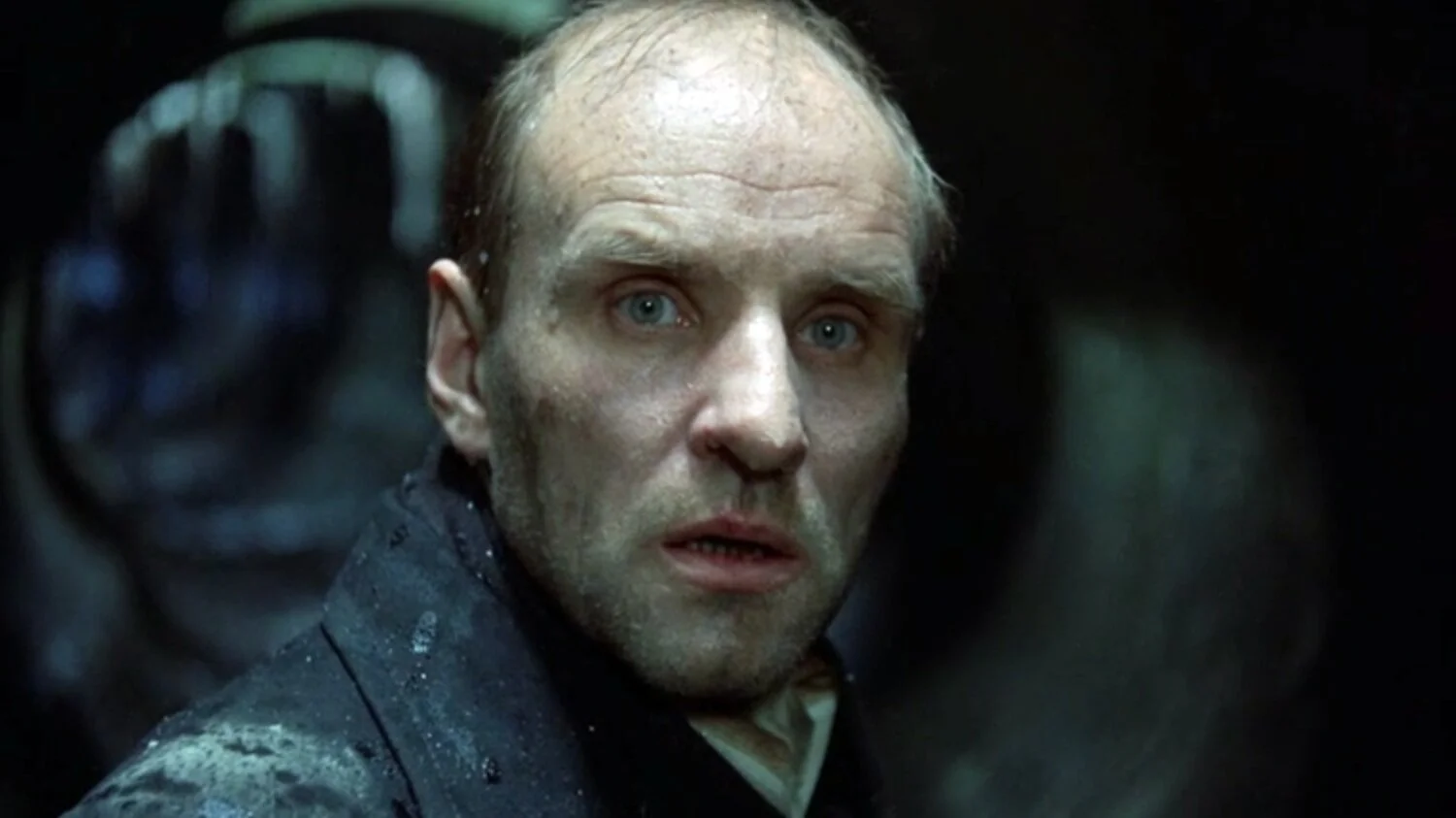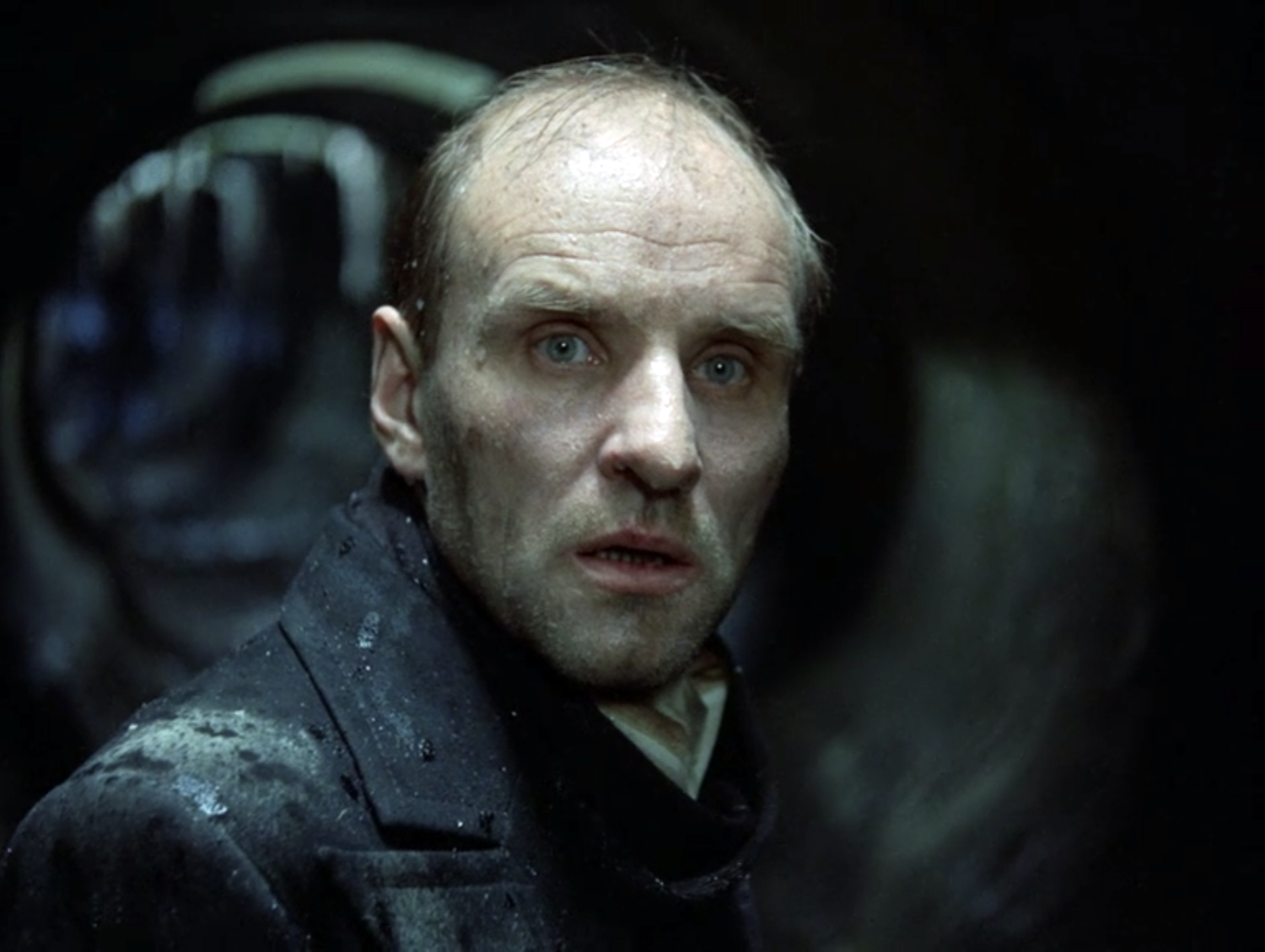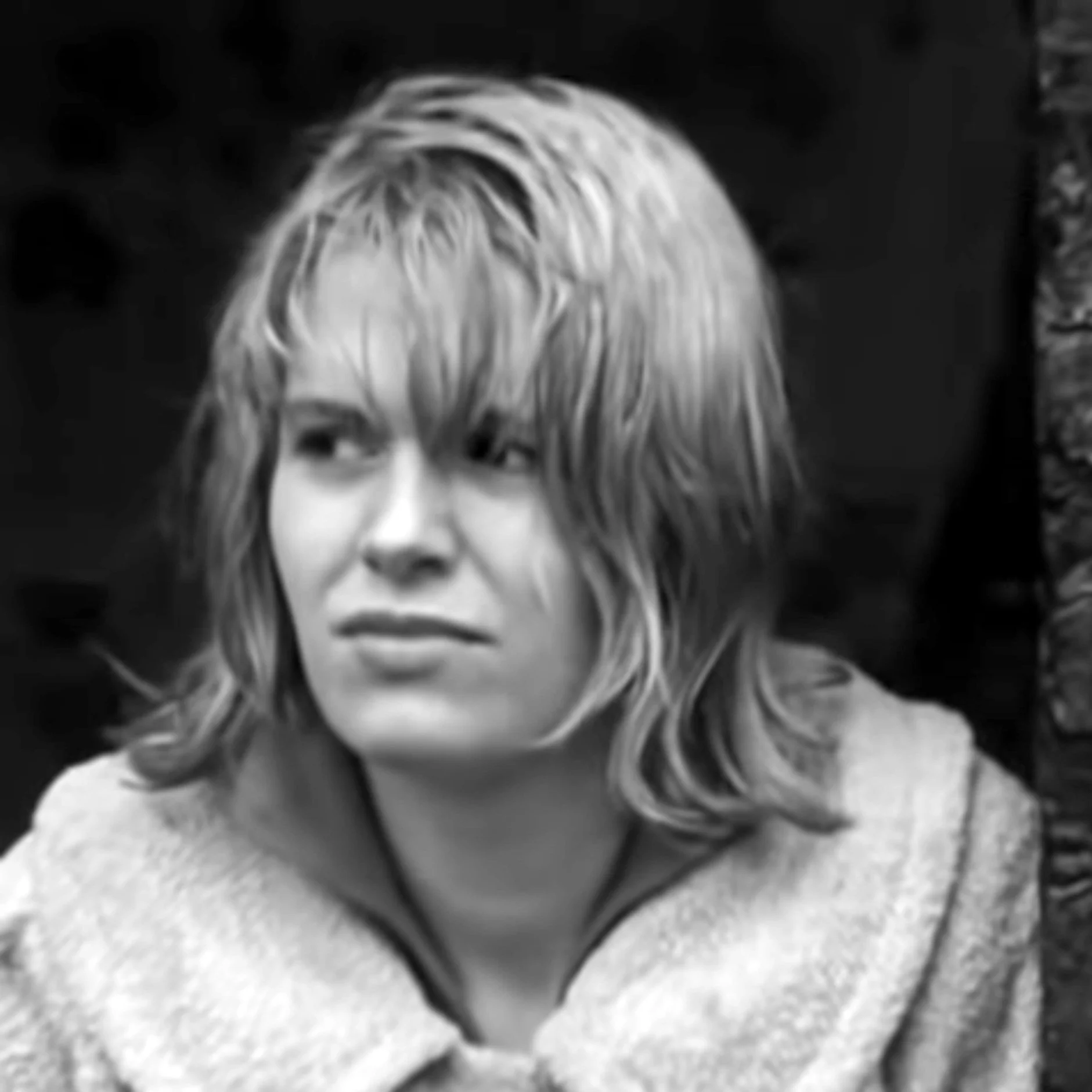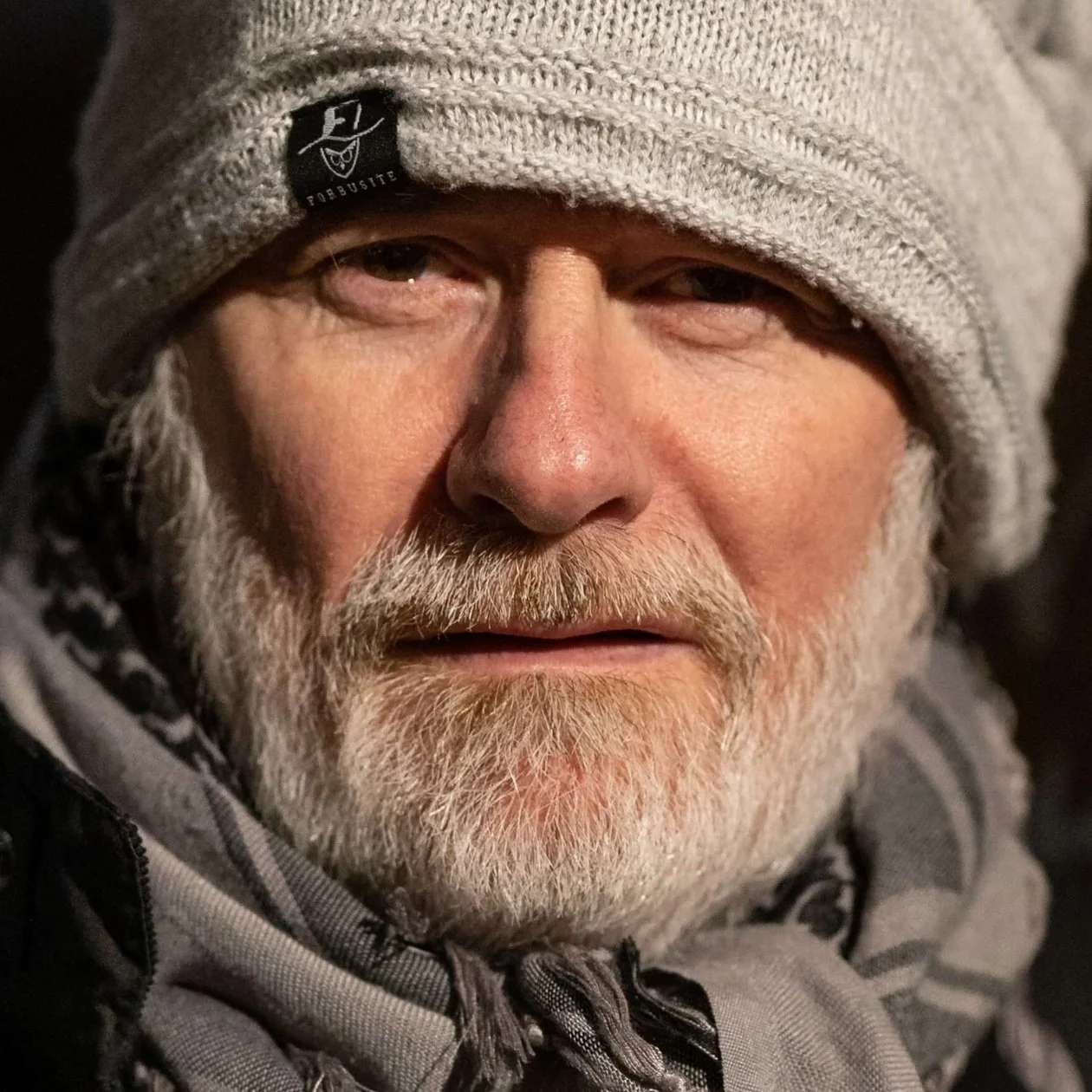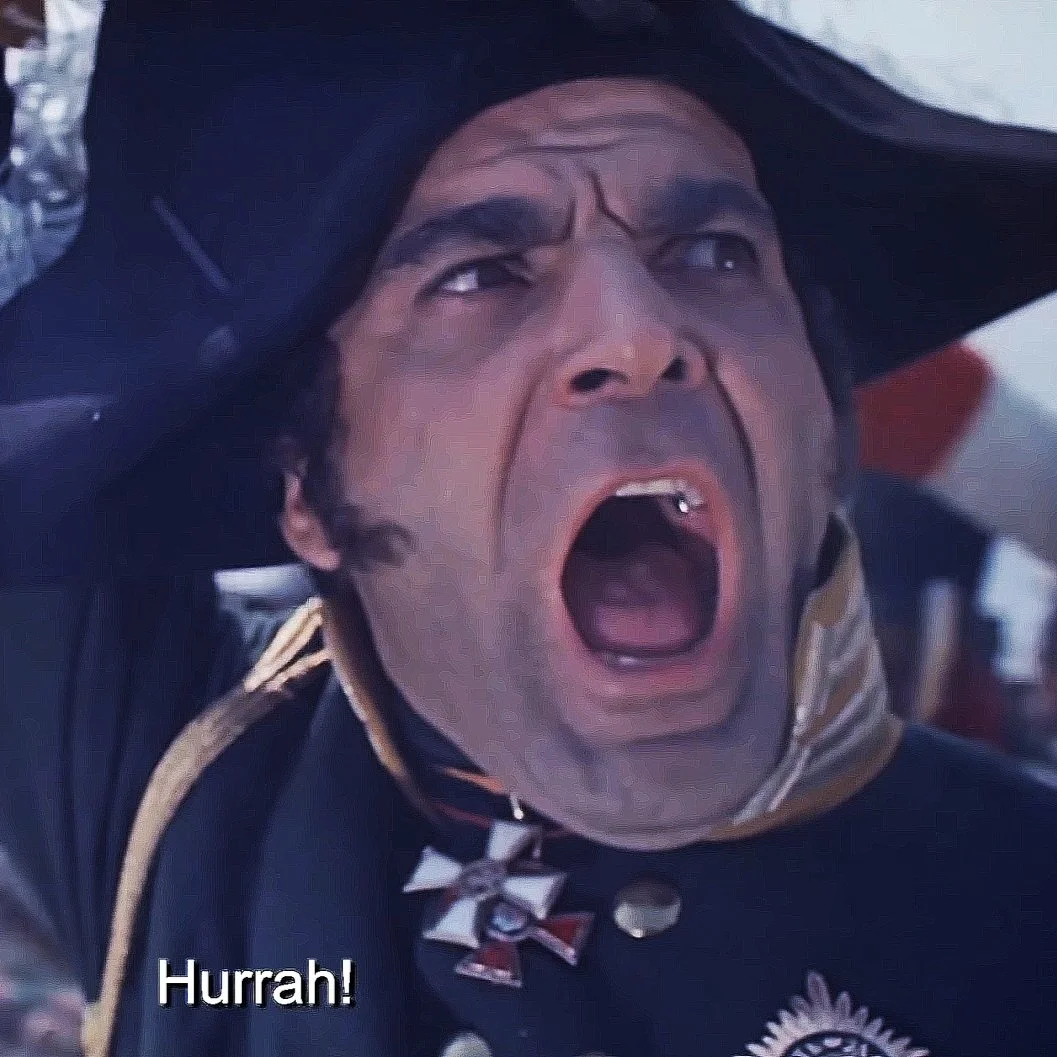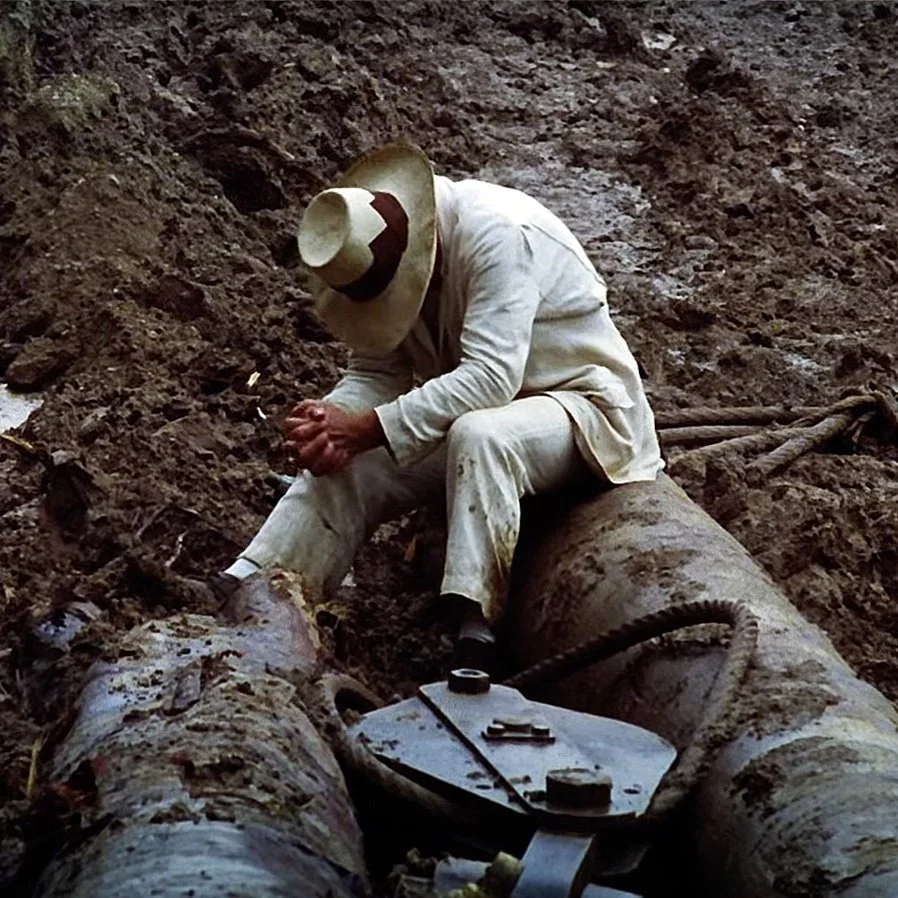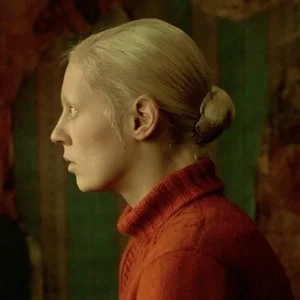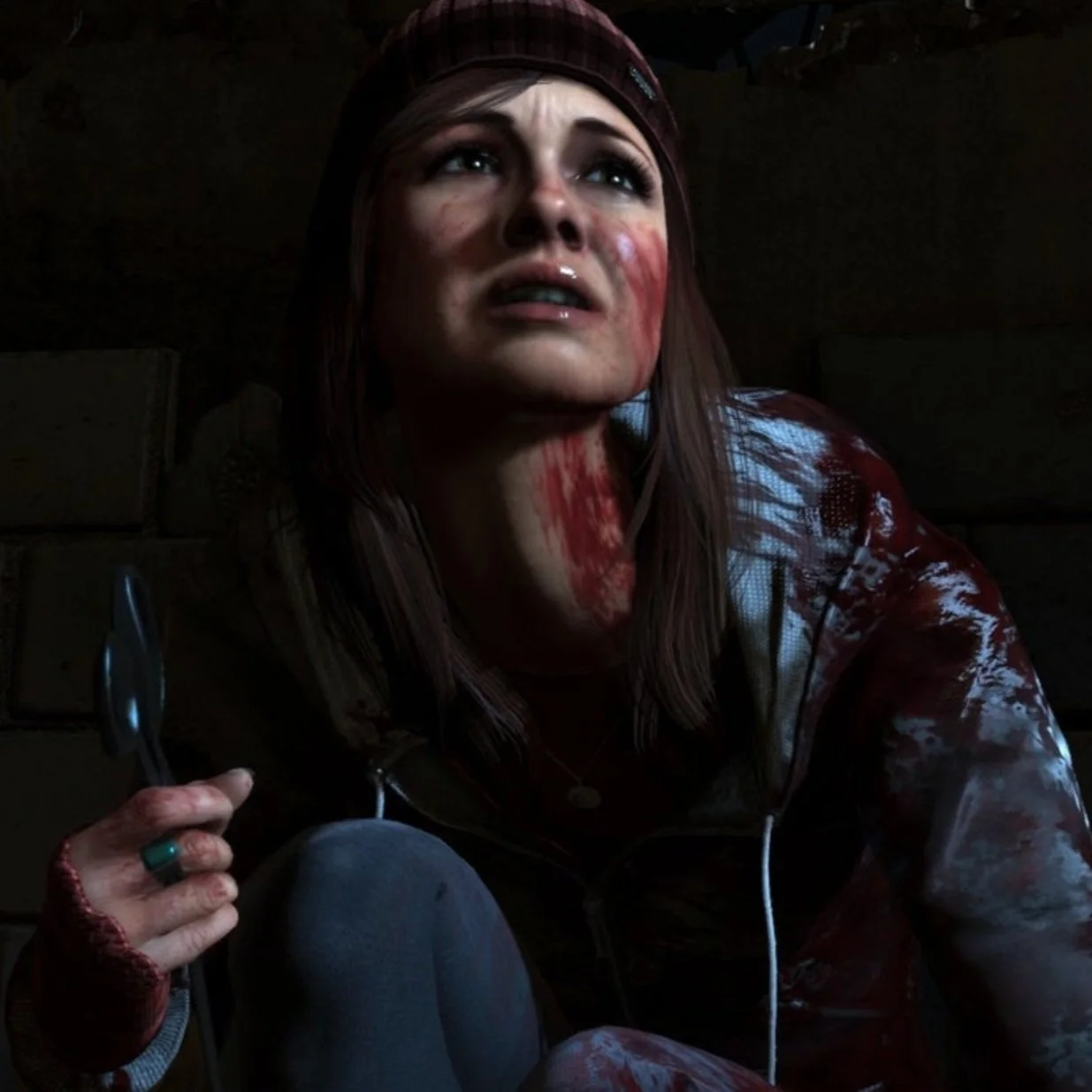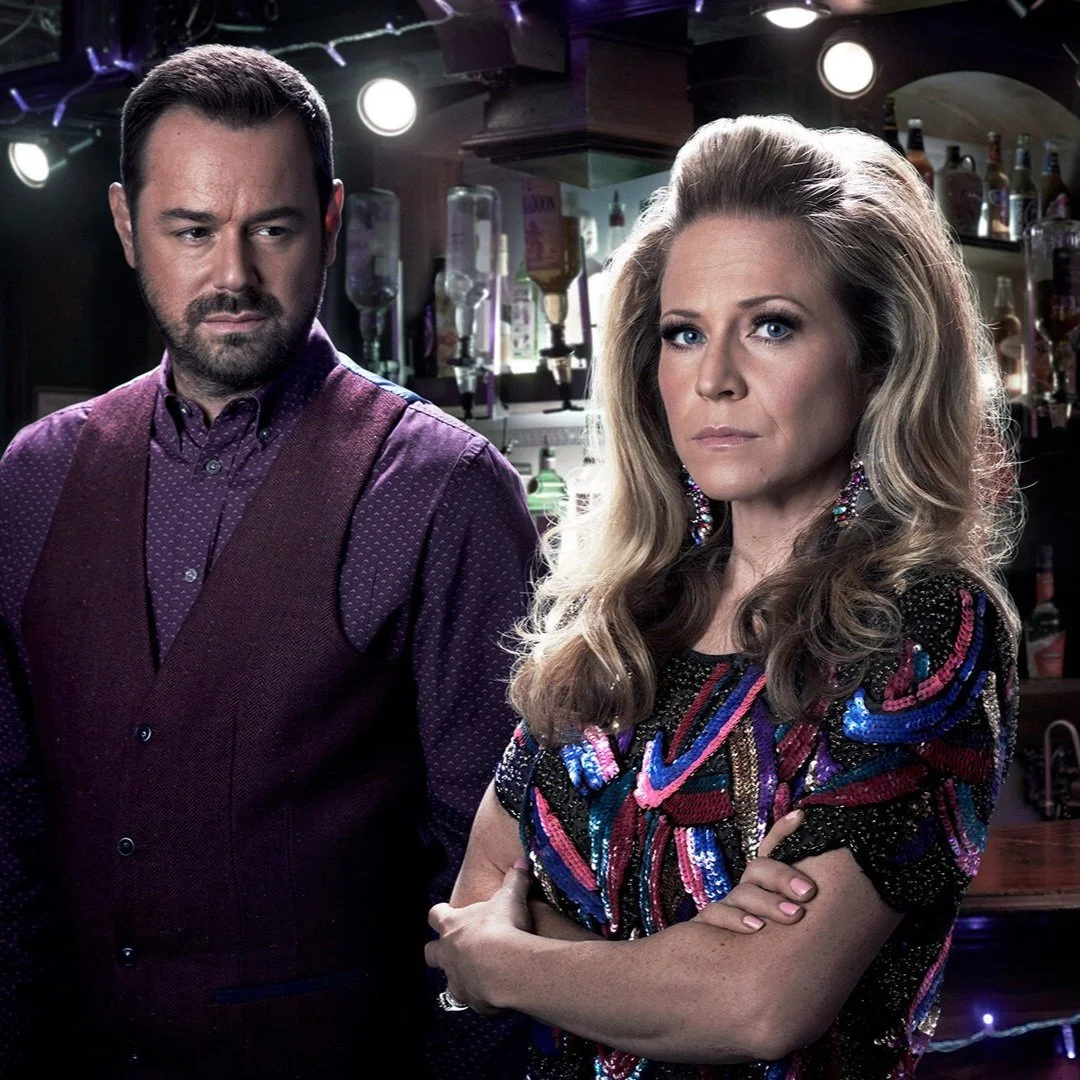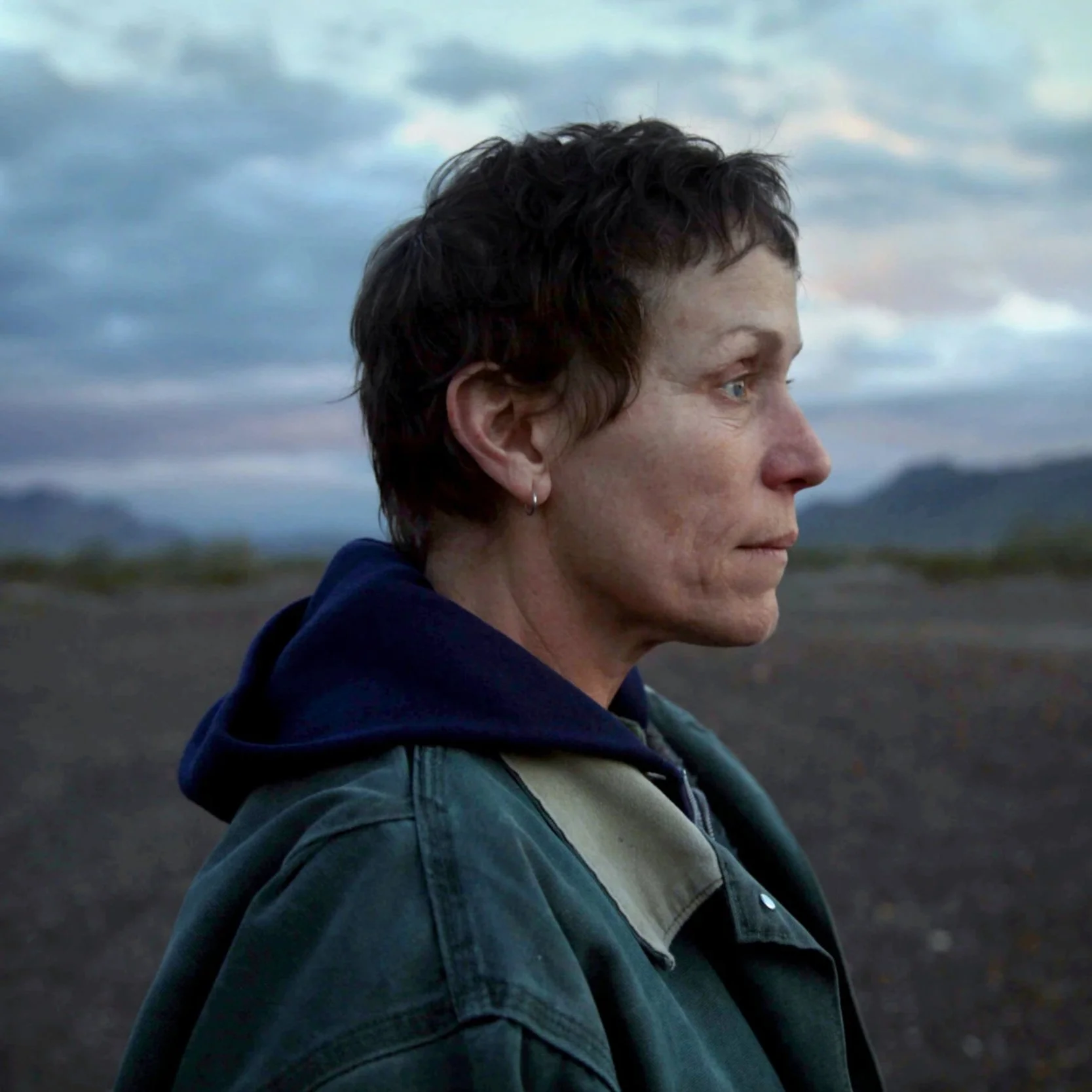"I Have No Conscience, Only Nerves”
Andrei Tarkovsky’s Stalker (1979)
Based on Arkady and Boris Strugatsky’s novel Roadside Picnic (1972), Andrei Tarkovsky’s Stalker (1979) carries all the hallmarks of humanity’s carelessness towards the environment, and the clinical, cold and soulless climate of life behind the Iron Curtain.
Set in an undefined dystopian moment in the near-future, it follows three men in their journey across a mysterious post-apocalyptic forbidden area, fraught with danger and known only as The Zone. It’s an area of deep secrecy, from the state but also deeply rich in myth, and it’s never fully explained if it’s the site of potential extraterrestrial activity, or the result of a terrible human experiment gone awry. Either way, it’s immediate clear that the normal laws of physics as we understand them do not apply here. The government has closed the area, and the only way in or out is through the clandestine guidance of a Stalker.
In the center of The Zone lies The Room, a mythical place believed to grant the visitor’s deepest wishes. Leading the way is Stalker (Aleksandr Kajdanovskiy), a nervous, fatigued guide whose family we meet earlier and whose daughter is possessed of potentially metahuman powers. His customers are The Professor (Nikolay Grinko) and The Writer (Anatoliy Solonitsyn), who act throughout the film as allegories of the tension between science and religion in late-era Soviet Communism. Along the way they talk of what they expect to find in The Room. The writer wants to regain his inspiration, the professor hopes to study the room for scientific and academic gain. Stalker shares a story of a colleague of his who visited the room and wished for riches, but who committed suicide shortly after getting everything he ever wanted. He cautions his customers to be careful what they wish for. Their true motives for visiting are only revealed at the film’s crescendo as they fight outside The Room’s entrance.
The film is a quest to find the grail. To find faith in something. To find clarity in the chaos, something Tarkovsky had also explored in his previous film Solaris (1972). Made in 1979, it eerily foreshadows 1986’s Chernobyl nuclear disaster, and the ongoing fallout both political and environmental. Over twenty years since the incident, the Chernobyl exclusion zone’s return to nature is starting to be documented, with animals returning to the wild, humans allowed to safely (if briefly) visit, and nature again having free rein over the previous impositions of steel and concrete. The photographs of what’s still remains, the abandoned school rooms, the homes with dinner still on the table, and the bicycles melted and twisted in the carnage are all here in Stalker, seven years before they became a reality. Tarkovsky revisits these themes of the consequences of nuclear experimentation in his final film, The Sacrifice (1986). Tarkovsky would die later the same year.
But in front of the thinly-veiled political allegory are some of the most beautifully composed and rich, luscious shots of the Russian landscape. Much has been made of Tarkovsky’s painterly compositions and influential cinematic technique, and it’s true that wherever you pause the film, it’s inevitably a gorgeous still. At just under three hours, and with the considered, thoughtful, slow-paced plot progression you’d expect from a seventies Russian arthouse movie, it’s more of an experience, more of a temporary visit to a semi-familiar world than the usual consumption of a film. I first saw Stalker almost thirty years ago, and it’s been one of those movies I’ve thought a lot about since. Ultimately it’s an exploration of what humans truly want. Some seek knowledge, some seek blood and treasure. But cast against the backdrop of late-era Soviet collapse, it reminds us that there is human collateral damage to every piece of progression.
I found re-watching Stalker during lockdown particularly poignant. While many of Tarkovsky’s films are insular, introspective and indifferent to the world, there’s a time-sensitive resonance to watching it in 2021 that explores how humans deal with the anxiety of the unknown, the often mutually exclusive relationship between science and politics, and how at the heart of it all are families just trying to make their way in the world.
Stalker is currently streaming on Amazon Prime, YouTube and AppleTV.


